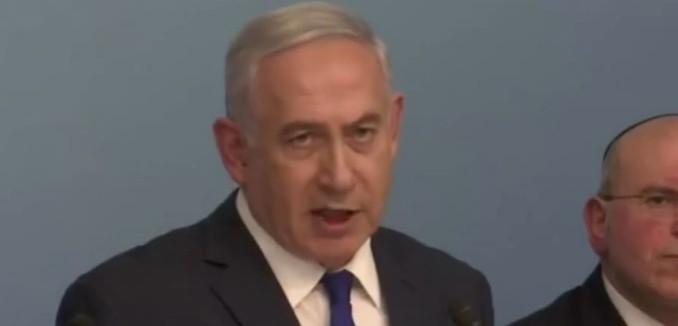Israel announced that roughly half of thousands of African migrants residing in south Tel Aviv will be resettled in the West, primarily Canada, Italy and Germany, while the remainder will be dispersed throughout Israel, The Times of Israel reported Monday.
In announcing the deal, Israeli Prime Minister Benjamin Netanyahu also said that the government would give priority to rehabilitating south Tel Aviv in addition to abiding by the international agreement.
In his announcement, Netanyahu termed the agreement “the best possible” outcome of a difficult situation after a plan to deport the migrants to Rwanda and Uganda was cancelled due to “legal constraints as well as political difficulties.”
According to the terms of the agreement, the United Nations High Commissioner for Refugees will seek to resettle at least 16,500 of the asylum seekers in Western countries, and the remainder, estimated to be 18,000 will be granted temporary residential status for five years, after which their status will be re-evaluated. The countries which are to receive the migrants include Canada, Italy, Germany and unspecified Scandinavian countries.
According to Israel’s Interior Minister Aryeh Deri, the agreement is a result of “months of under-the-radar talks” with the United Nations that had produced “the best possible outcome” for residents of south Tel Aviv.
Because Israel would now be closing the Holon Detention Center, it would save NIS 250 million (71 million) annually. The “immense sums of money” saved, Deri said, would go towards rehabilitating south Tel Aviv.
The agreement was hailed by both the Likud and opposition politicians.
Shelly Yachimovich of the Zionist Union Party, the largest opposition party, tweeted that the agreement was “a tremendous victory for a citizens’ campaign and the voice of morality and reason against racism and hatred of the stranger. The framework that the government is presenting appears to be fair and moral, both on the international level and out of concern, first of all, for the residents of southern [Tel Aviv] neighborhoods.”
Ayoub Kara, Israel’s Minister of Communications, wrote. “It is a fair framework, just and moral, that is supported by international organizations, and also takes care to resolve the distress of the residents of south Tel Aviv.”
[Photo: Wochit News / YouTube]




